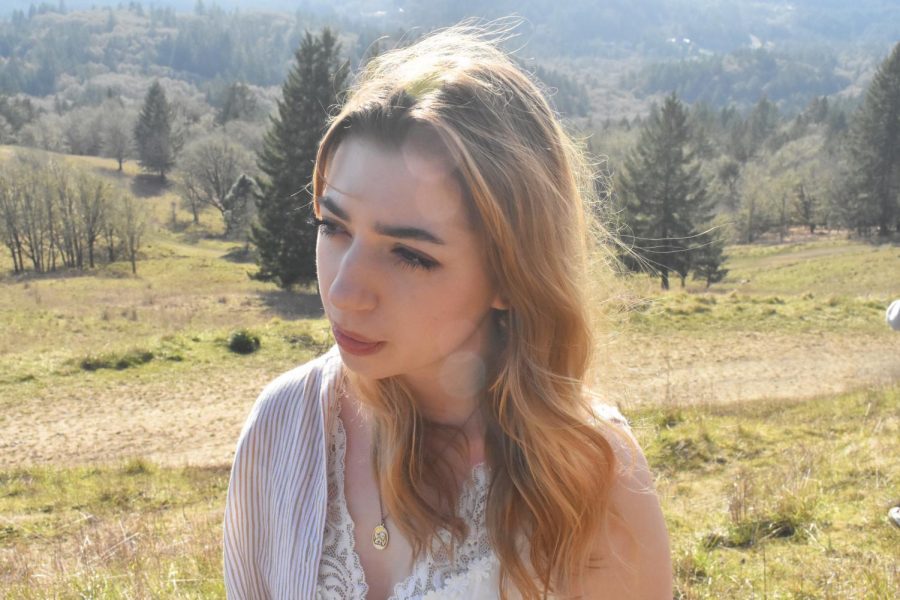Socializing in a Novel Society
May 25, 2021
Imagine after a year of Zoom classes and virtual events Oregon State University starts having in-person classes once again. You are excited to meet new people and make amazing memories, but a year in a virtual classroom might have affected your social skills, so you worry how this coming in-person term is going to turn out.
After not socializing for a long time, many students might feel they won’t be able to act as social as they did before. It’s important to remember that humans adapt quickly to change so trust yourself and if you do not feel ready to socialize, don’t feel pressure to do so. Everyone has their own timing.
(1) Trust your instincts
By nature, humans are social animals and value community. Unfortunately, due to the COVID-19 regulations, many people have been restricted from in-person socialization.
This lack of in-person socialization will affect people of different ages and personality styles differently, said Dr. Regan Gurung, the director of the General Psychology program at OSU and expert in social psychology.
“Those who already built skills will quickly adapt, such as upper-class students who were used to a time before COVID-19,” Gurung said in an email. “Things will be a little more difficult for second-year students whose first year was during COVID-19, but the good news is that humans adapt quickly.”
(2) Take your time
Everyone adapts to changes differently. If you feel like you are not ready to do as much socializing as you used to, be kind to yourself.
“Give yourself some time and [be] true to how you are feeling,” Gurung said. “If you do not feel ready to dive back in, take your time. Do not feel pressured to interact in ways YOU may not feel comfortable, just because others around you are.”
(3) Practice safe socialization
You can still interact with other people when social distancing, taking into consideration that even after health restrictions are loosened, some people might feel more comfortable socializing with safe distancing and other health precautions. Use Zoom meetings, face masks and other socially safe methods when necessary.
“Remember that social skills can still be practiced in different formats and socially distanced,” Gurung said. “The key is to be respectful of the fact that others may not have the same comfort returning to interactions as you may have. Yes, follow the guidelines, but also respect those who want to be even more cautious than the guidelines.”
(4) Make new memories
While many of us might have many unhappy or troublesome memories from this uncertain year, remember that those memories can be replaced with happier and more positive ones. Take the opportunities that present themselves and make new, fresh and joyful moments.
“Again, it will just take a short time for the memories of last year to be replaced with great new experiences of a new one,” Gurung said.
(5) Trust human nature
Remember that you have already socialized before, and if you did it before, you can do it again.
“Trust human nature,” Gurung said. “We are social animals. Most students have already had some practice being social and while not [having] as much [of] a chance to use it, will bounce back. We have to be alert about not bouncing back too much, too early. It is going to be important to continue to judiciously follow the safety guidelines set up by the state and OSU.”
As the COVID-19 regulations loosen up, students will be able to socialize more and make new memories, but remember to continue following regulations issued by the Centers for Disease Control and Prevention so everyone can enjoy a COVID-19-free future.






